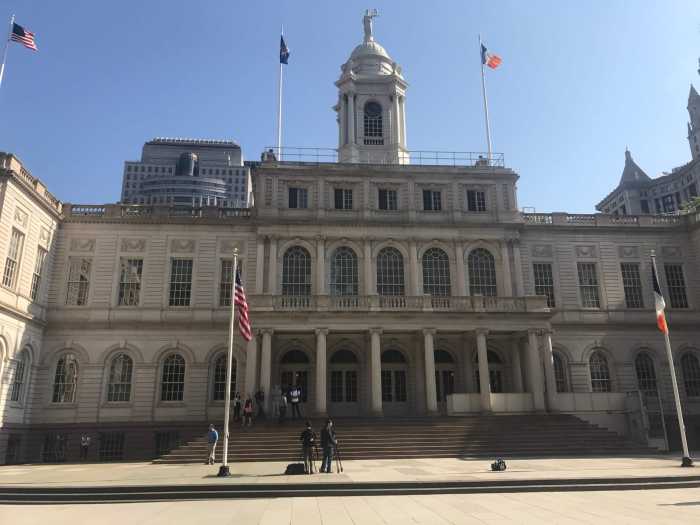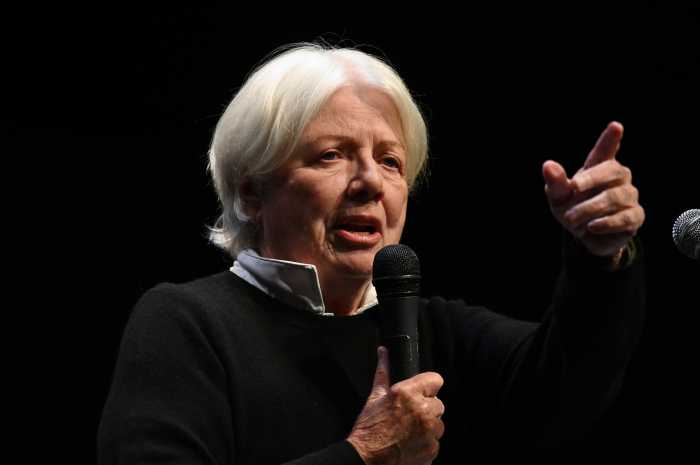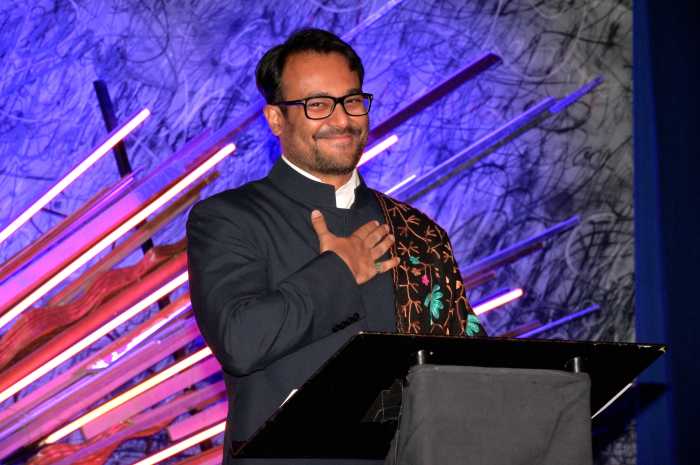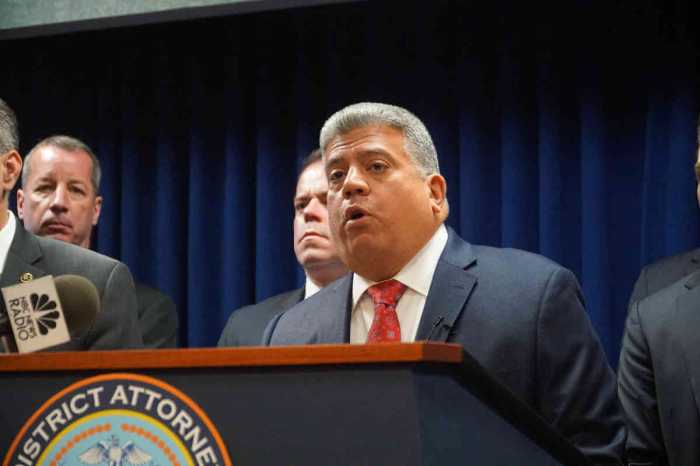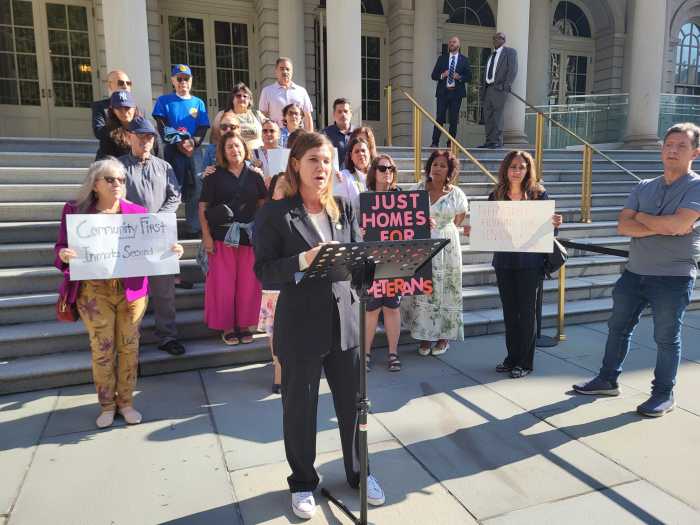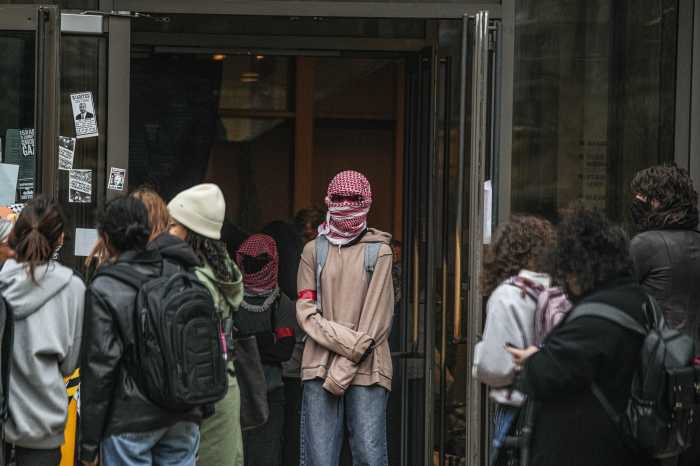A controversial plan to tax residents and property owners near the High Line to help pay for the elevated park was dropped last week after neighbors came out against the proposal.
According to Friends of the High Line, the nonprofit that oversees maintenance and management of the West Chelsea greenspace, the concept of imposing taxes on owners of buildings based on their proximity to the park caused enough of a stir for the organization to table the plan for the time being.
“Friends of the High Line and the District’s Steering Committee sought broad community input on the idea of creating an Improvement District to help the City’s new High Line park,” read a statement from the Friends. “The Steering Committee reached out to the larger High Line community, so that their responses would help determine whether to move forward. Following these public outreach efforts, it was decided to put the proposal on hold. While many strongly supported the concept, important concerns were also raised.”
The proposal, modeled after the city’s business improvement district program, sought to raise about $1 million from various property owners for daily upkeep of the park running from Gansevoort to W. 30th Sts. The plan called for levying either a 3- or 9-cent tax per square foot for buildings located near the High Line, with the district running for almost 20 blocks along the length of the former viaduct.
“Friends of the High Line has always been a community organization, and the members of the Steering Committee are community members first and foremost,” the Friends’ statement continued. “Friends of the High Line will continue to work with the community to develop a diversified revenue stream for the High Line’s future, so that the park can always be maintained and operated at the level necessary to make it a treasured asset to its community and to the city as a whole.”
The news came as a relief to Daniel Cahn, the owner of a large industrial warehouse on W. 27th St. who would have had to pay the higher, 9-cent tax under the original proposal. If the Friends try to pursue a similar plan in the future, he suggested the group rely on input from property owners to inform the improvement district’s funding structure.
“Maybe a restaurant or something on the High Line would make the most sense,” Cahn said, also recommending advertising, granting vendors access to the park or taxing developers of new large-scale residential buildings in the area. “I know they want to keep it business-free, but money has to come from somewhere.”

